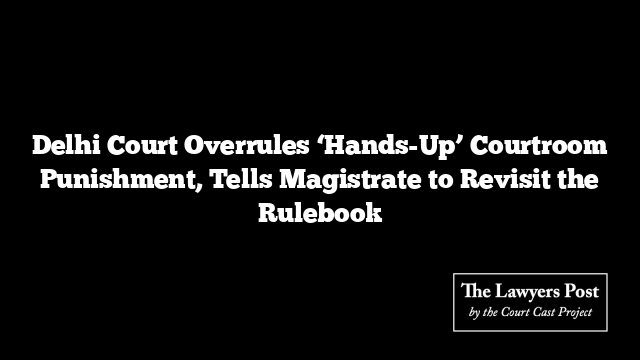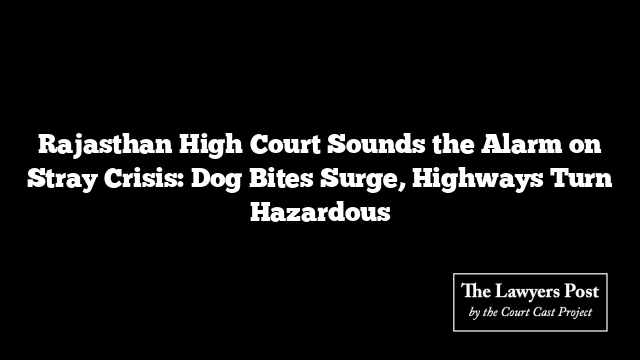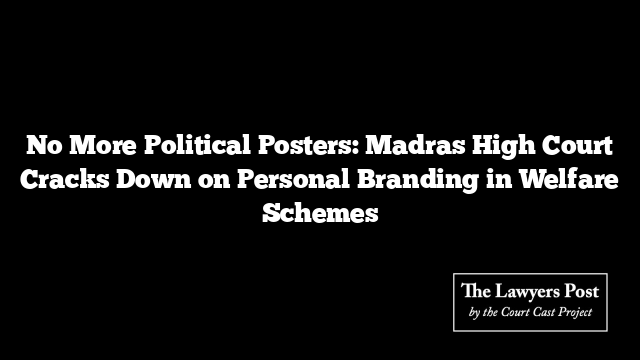In a sharp judicial rebuke, a Delhi Sessions Court has dismantled a lower court’s unusual attempt at courtroom discipline—telling litigants to hold their hands aloft like schoolchildren as punishment for a delay in filing bail bonds.
The bizarre directive came from Magistrate Saurabh Goyal, who on July 15 ordered two accused, Kuldeep and Rakesh, to stand in court with their arms raised until it adjourned for the day. Their crime? Turning up without bail bonds on time in a routine complaint case.
But when the matter landed before District and Sessions Judge Anju Bajaj Chandna at Dwarka Courts, the response was swift and scathing: this isn’t a classroom, and the Indian Penal Code doesn’t endorse theatrics.
Judge Chandna ruled that the punishment had no legal backing whatsoever. “This kind of sentence is not contemplated in law,” the order stated plainly, adding that the Magistrate failed to provide the accused even a basic chance to explain themselves before being subjected to public embarrassment.
Equally troubling, the judge observed, was the misuse of Section 228 of the IPC—which deals with intentional insult or interruption during judicial proceedings. Simply failing to file a bail bond on time doesn’t meet that threshold, the Court made clear.
In a pointed advisory, Judge Chandna instructed Magistrate Goyal to “properly read and understand the legal provisions” before reaching for judicial discretion.
Kuldeep and Rakesh, who challenged the order, argued that the Magistrate had overstepped his authority and compromised their dignity—an argument that found firm ground in the Sessions Court. The ruling underlined a broader principle: even those accused of crimes are entitled to a dignified presence in court, and judges are expected to act as protectors of that right.
“The judiciary exists not to humiliate but to uphold,” the judgment emphasized. “Every individual before the court is entitled to respect and due process.”
With the hands-up punishment now formally struck down, the case stands as a reminder: judicial authority may be powerful, but it is not unchecked—and the law leaves no space for spectacle.





